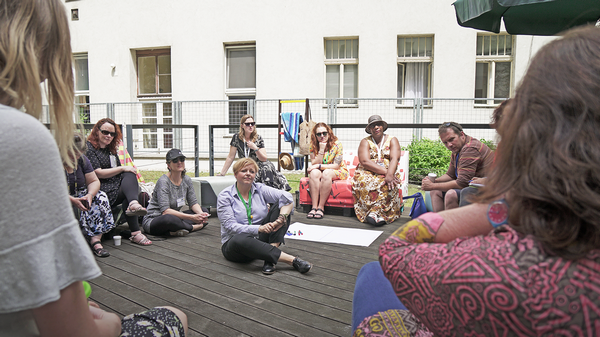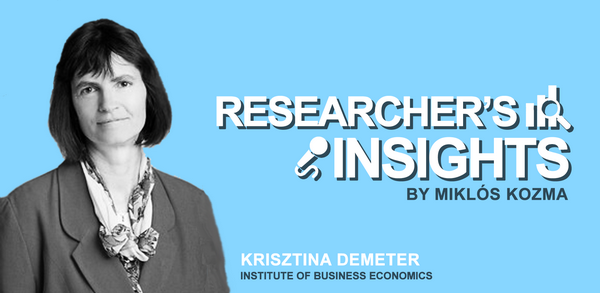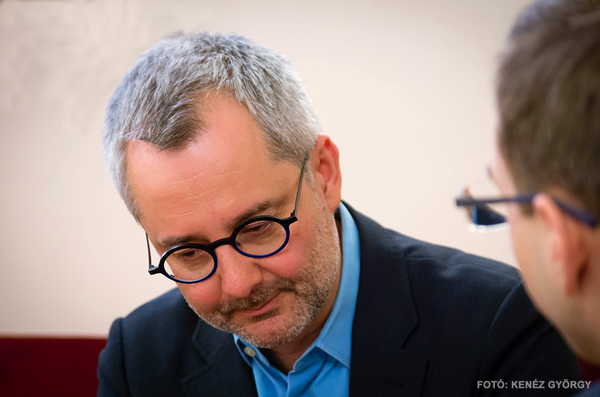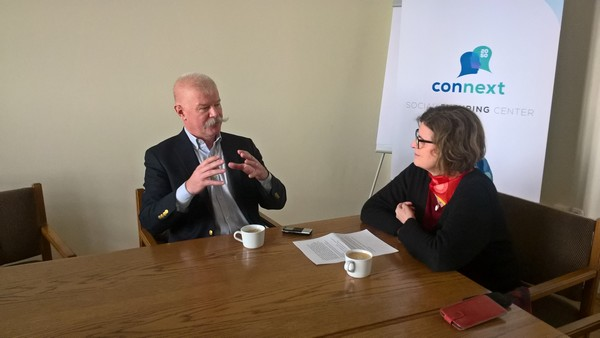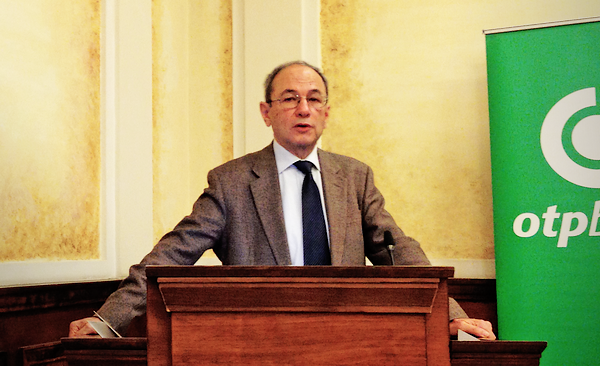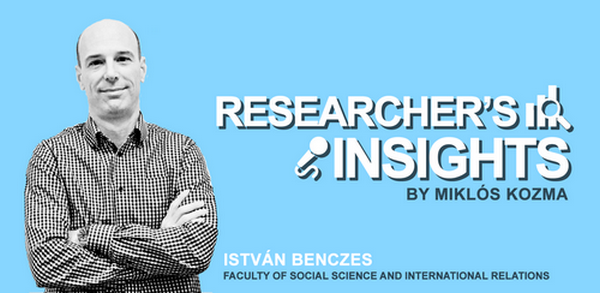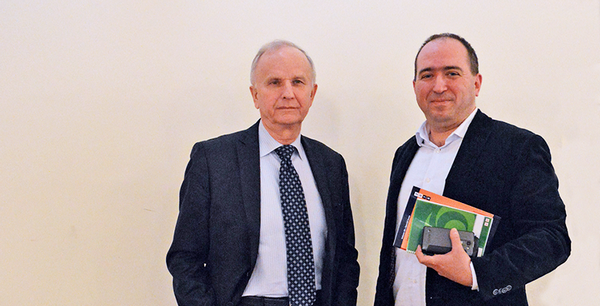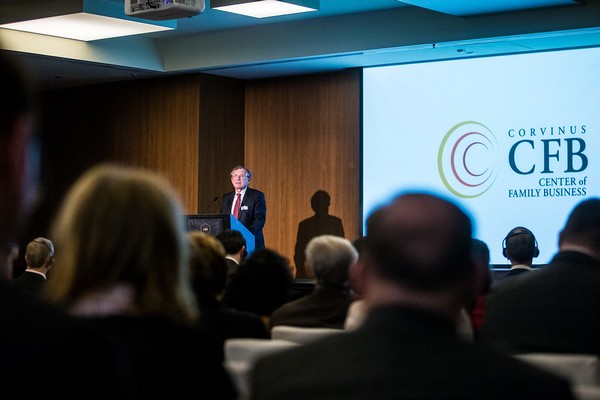Gig Economy- From Dockworkers to Uber Drivers
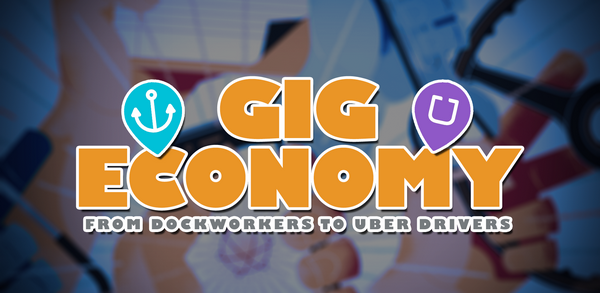
What if from tomorrow on my boss was an algorithm? A reputational system that multiplies the effect of unconscious biases. An erratic, bad-tempered manager that never shows forgiveness and may fire me any time. This is how during his master class at Corvinus, Jeremias Prassl Associate Professor of the University of Oxford illustrated the threats of the gig economy, i.e. an economy that is based on temporary engagements transacted on a digital marketplace.
Academics have been intrigued by the analysis of the gig economy in the last three decades, but the public was unaware of it until this new form of employment started rapid expansion owing to technological developments and a few companies like Uber became known. Gig economy, however, had already existed in 19th century England (in particular in dock labour and hosiery manufacturing) where middlemen hired and paid workers for performing specific tasks. Workers were not offered jobs, therefore on-call time did not represent any expenses for entrepreneurs.
Today the size of gig economy is estimated at 1-3% of the OECD labour market, but is bound to be much higher in the future. In Prassl’s view the phenomenon will not only affect relatively simple jobs, but high-skilled professions as well (doctors, engineers, scientists, artists).
Whereas taskification gives economic value as the job is always given to someone who can do it best and the most cheaply (in the global marketplace this could be anyone from the entire world), it also carries many dangers.
One problem is that it shifts the risks to the worker. Let us think about Uber: drivers use their own car, they buy the petrol and they do not stop even if there is no ride. The application installed in their car prompts them to keep moving in the hope of giving a ride. Employers may also be adversely affected in the long run: persons carrying out fragmented tasks cannot be expected to come up with new initiatives as they lack an overall understanding of the working process. Experience has shown that although in a traditional job, employees are not busy in 100% of their working time, they talk to each other in the breaks and that inevitably leads to discussing how working processes could be made more efficient, which is valuable for the employer.
Two opposing narratives have emerged on gig economy. Supporters consider it as an entirely new, disruptive sector where technological developments bring about flexible employment opportunities and new, cheaper products appear. By contrast, what the other narrative sees in it is rather „tightly controlled insecurity”, i.e. control without assuming any responsibility for the worker. In their opinion, it should be banned. Prassl believes that both views are partially wrong. The first because in most cases the business model is old, with old functions (e.g. the dispatch system at Uber) replaced by new technology. The second because instead of imposing bans, we should rather be applying existing rules to the new sector.
Governments and courts are increasingly forced to deal with the issues raised by the on-demand economy. Prassl thinks that while regulation should ensure fair working conditions as well as protection for consumers, it should also inspire innovation.
Lídia Márton
(Jeremias Prassl held his class in the framework of the EFOP-3.6.2-16-2017-00017 project “Sustainable, smart and inclusive regional and urban models”)

